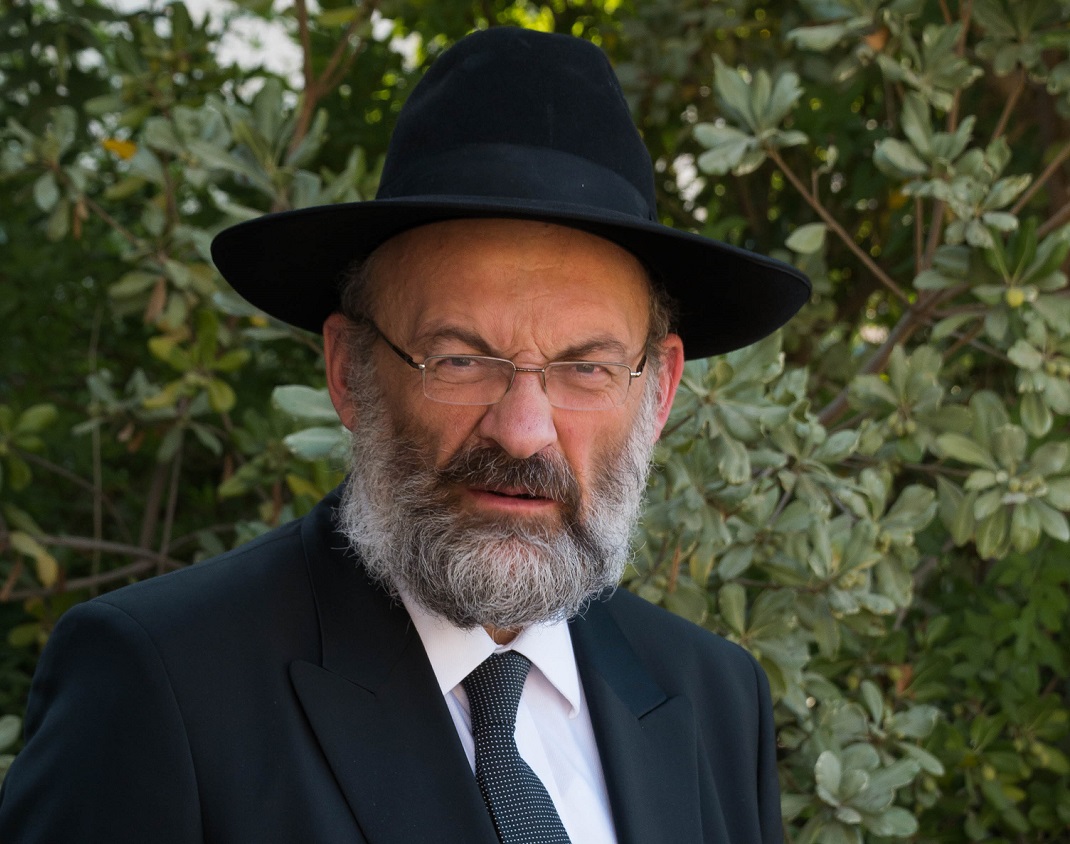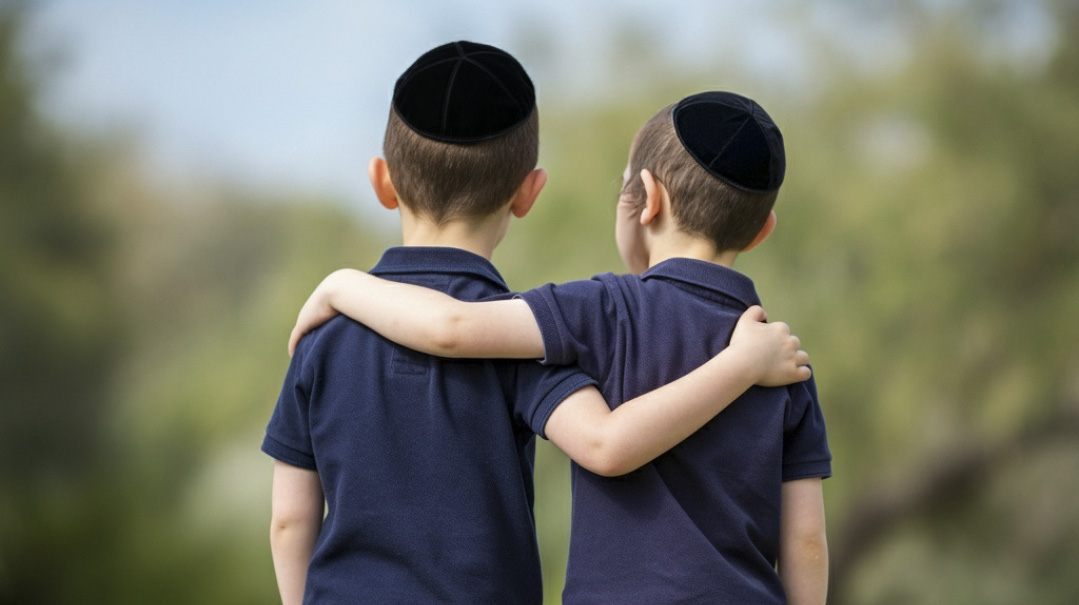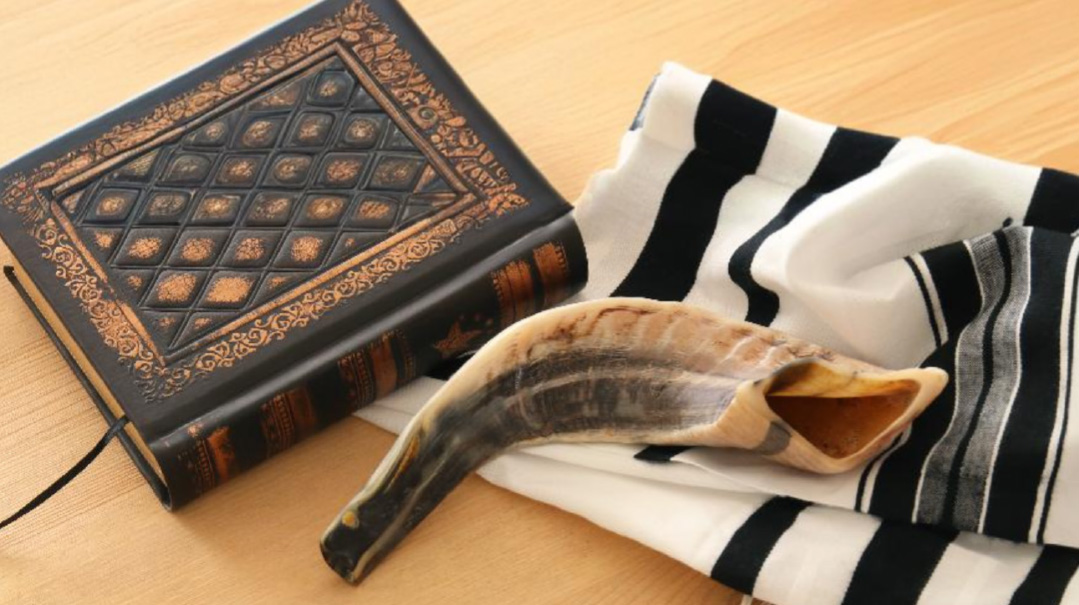Larger Than Life

We view other people from the vantage point of our own lives
W
hen one of my sons was in cheder, he played the game chamesh avanim (also called “kugelach”) for hours on end. I tried to entice him to learn a Mishnah with me, or at least do something intellectually stimulating, but my efforts were in vain. Nothing could break his immersion in the game. I thought he would grow bored after a few days, but month after month went by, and his game sessions only grew longer.
I knew my son had the potential to become a bona fide talmid chacham, and watching him waste countless hours was dismaying. Furthermore, I couldn’t fathom the appeal of that dull and monotonous game for the life of me. But one day it dawned on me that in his own way, my son was training himself to become a masmid. He was honing his ability to repeat the same activity again and again without losing focus — an ability that would later enable him to learn a sugya for several hours without interruption. To me it was a trifling game, but in his life, it was a formative experience.
We view other people from the vantage point of our own lives. We acknowledge the importance of another person’s endeavors only to the extent that they influence our own lives. If someone’s behavior, personality traits, or attitudes aren’t exactly our cup of tea, we dismiss those aspects of the person, oblivious to their significance in that person’s life.
Our inability to view another person’s life on its own terms inhibits us from being nosei b’ol with those around us. We can only understand people’s pain, joy, frustration, or excitement if we put ourselves in their shoes and see how they — not we — approach and experience life. This middah is the backbone of interpersonal relationships — and, according to the Alter of Kelm, of avodas Hashem in general. You don’t have to be a psychologist to do it; you simply have to think about the other person’s life in its own right.
How much do we think about the lives of those around us? For most of us, the truth is, very little. Our minds naturally contemplate subjects that fascinate us; the familiar and the mundane rarely occupy our thoughts. The prerequisite to thinking about other people is to be intrigued by them.
Not everyone is naturally exciting, if you look at the dry facts of their life. The way to be intrigued by another person is to look at his unique avodah. In the realm of avodah, every single person has big important things to do, and all aspects of his life and personality play a part in that avodah. Even details of his life that seem mundane paint the portrait of a fascinating and noteworthy person. The details may not be inherently interesting, but the story they tell is.
Many gedolim were so immersed in Torah that they barely tasted food, yet at the Shabbos table they showered their rebbetzins with detailed praise for every dish like culinary connoisseurs. Some people think that these gedolim on their lofty madreigah saw no importance in the taste and texture of food, and they feigned interest to make their wives feel appreciated. That’s a superficial interpretation. These gedolim praised the food not despite its insignificance, but because it was truly significant in the avodah of their wives. In their own avodah, the tastiness of food was immaterial, but they knew that in their wives’ avodah, enhancing the oneg Shabbos of their families had great significance.
Sometimes, even what seems like eccentric or illogical behavior can in fact reveal the other person’s avodah. To me, it’s self-evident that as soon as you finish eating soup, you should take the bowl to the sink and rinse it before the residue dries to form a hard crust. But when my family has soup, my wife stays seated and continues the conversation. By the time the bowls make it to the sink, it takes intense scrubbing to get them clean.
For a long time, my wife’s behavior confounded me. But eventually, I began to see that not getting up in the middle of the seudah was important in her personal avodah. She lives in the moment with menuchas hanefesh. When it’s family time, she doesn’t allow anything to break her engrossment, even for a moment. I have a different personality; for me, getting up to put a bowl in the sink doesn’t compromise my involvement with the family. To me, staying seated for an extra few seconds is inconsequential. But to my wife, those few seconds make all the difference. My wife’s behavior, as incomprehensible as it first seemed, revealed to me the fascinating world of her avodah.
Even behavior that’s downright negative can carry importance in someone’s avodah. The Gemara in Bava Basra relates that a descendant of Moshe Rabbeinu named Yehonoson was a paid employee in a house of avodah zarah. He thought such employment was permitted for a person in financial difficulties, but this erroneous conclusion was just the product of his lust for money.
What would we do if we met Yehonoson? We would shake our head in disbelief and exclaim: “See what chemdas mammon can lead you to!” We would then come home and give a mussar shmuess to our family about how money is utterly worthless in the grand scheme of things. Yehonoson would be etched in our minds as a lowly and pitiful man.
But when Dovid Hamelech heard about Yehonoson, he responded differently. He saw how much Yehonoson loved money, and appointed him finance minister of the whole kingdom. Dovid Hamelech saw past Yehonoson’s despicable conduct and recognized that chemdas mammon was an important koach in his life. He saw that the very trait that led Yehonoson astray could play a productive role in his individual avodah.
That wasn’t wishful thinking. After Yehonoson assumed his position as finance minister, he did teshuvah with such sincerity that the Tanach calls him by the name “Shevuel,” because he returned (“shav”) to Hashem with his whole heart.
That’s the epitome of being nosei b’ol. It wasn’t just that Dovid Hamelech knew how to channel Yehonoson’s chemdas mammon in a better direction. Dovid looked at the man’s personal avodah and saw its importance, though it was extremely different from his own. Yehonoson was an important person, and in his unique avodah, even the essentially negative trait of chemdas mammon had importance.
We learn from Dovid Hamelech how we should think about the lives of others. When we look at another person’s avodah, we see that his life is important exactly as it is — not only after he sheds his negative traits. Someone else’s life may seem uninteresting or unappealing to us. We need to look beneath the surface to see the other person’s unique avodah. Then we’ll understand that although some details of his life are negligible or negative in our world, in his world they look very large.
The key to greatness in bein adam l’chaveiro, and ultimately all avodas Hashem, is to think genuinely about others. Let’s try to step out of our own narrow viewpoint, and look at the lives of our spouse, children and friends in their own light. Look beyond the seemingly uninteresting details, and see the rich world of avodah that lies beneath. If we do that, we’ll discover that the people we thought we knew are much more important and fascinating than we ever imagined.
—Prepared for print by Rabbi Eran Feintuch
(Originally featured in Mishpacha, Issue 1009)
Oops! We could not locate your form.







